An Anthropological Television Myth (2011)
Жанр : документальный
Время выполнения : 54М
Директор : Maria Helene Bertino, Dario Castelli, Alessandro Gagliardo
Краткое содержание
An Anthropological Television Myth is a gloriously jagged collage of fragments culled from an independent Sicilian TV station's output in the mid-90s – the period just before the 'Berlusconi era'. But whereas the Milanese media mogul's spells as president were notable for the cynical degradation of his nation's television output, with its bawdy game-shows earning much overseas derision, the small broadcaster showcased here evidently foregrounded and documented local grass-roots political shenanigans. With no commentary or captions, the film plunges us into a lively day-before-yesterday epoch when the authorities' battles with the Mafia produced an atmosphere akin to Civil War on the streets. Virtuouso editing knits together a dizzyingly wide range of sights and sounds that consistently fascinate and impress.

Eini grows up isolated from society with her father who does everything he can to make Eini believe that the world outside and the people out there are evil, and that all that has to do with sexuality and adulthood is dangerous.

Men and women in the Horn of Africa and adjiacent regions of the Middle East tell stories of their relationships and contacts with demons and spirits in their life and culture.
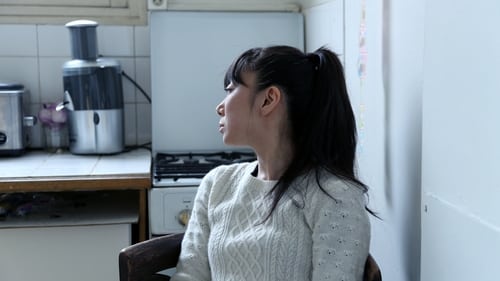
Romi, a Japanese woman living in Paris, works in a karaoke bar. At home in the suburbs, she tends to her paraplegic lover Milou. To pass the time she recounts to him a story alluding to a period they once spent together in Japan. Soon, the mystery of a man named Mr. Ono begins to unsettle everything. Weaving together personal history, anecdotes and myths, the story takes a dark turn.

In this documentary road movie, Austrian filmmaker Ruth Beckermann records the diverse views and activities of Israelis and Arabs as she travels along the route from Tel Aviv to Jerusalem.

Images of Egypt: prolonged tracking shots through the streets of Cairo, cafes, bazars, hotels and gardens, footage of the desert and the sea. Ruth Beckermann is on the trail of Empress Elisabeth of Austria ("Sissi"), who travelled the world restlessly and was in Egypt incognito one hundred years earlier. Since Elisabeth refused to be photographed after the age of 31, she inspires projections and fantasies.
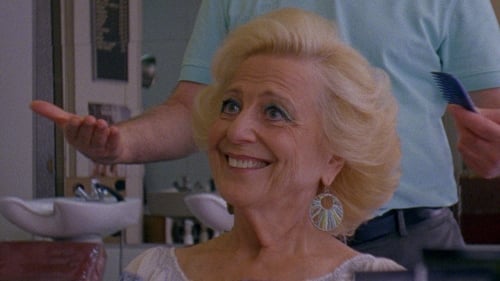
When asked to make a documentary about her friend’s mother—a Parisian astrologer named Juliane—the filmmaker sets off for Montmartre with a Bolex to craft a portrait of an infectiously exuberant personality and the pre-war apartment she’s called home for 50 years.

As the unforgiving forces of nature take their toll on humans and animals, the unexpected return of snow devastates the nomad family’s livestock. 11-year old Sukbhat is forced to leave his childhood behind. Now the hopes of the family rely on the young boy who should tame and race the wild horse. An intense relation between father, son and their wild horse shows how nature overwhelms and influences human beings. Nobody remains unscathed after being confronted with the powers of the steppe.

N is coming from the desert to reach the north of Africa and make an illegal crossing to Europe. Alone in Tunisia, he decides to cross the solitary sea. He steals a boat and begins his journey, but it soon sinks into the water. From that moment, N embarks in a special and unique voyage: he discovers different and infinite spaces, makes intense and fleeting encounters, and meets another altered image of himself.

Emily Price tries to balance family life and leading crunch negotiations between a Canadian politician and the president of a country whose natural resources are being exploited.
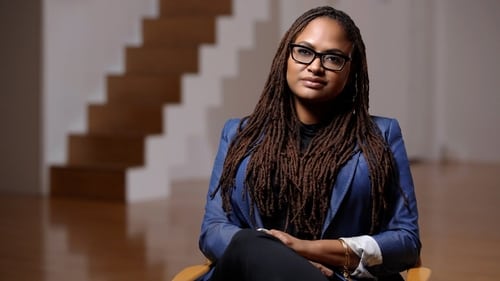
At a pivotal moment for gender equality in Hollywood, successful women directors tell the stories of their art, lives and careers. Having endured a long history of systemic discrimination, women filmmakers may be getting the first glimpse of a future that values their voices equally.
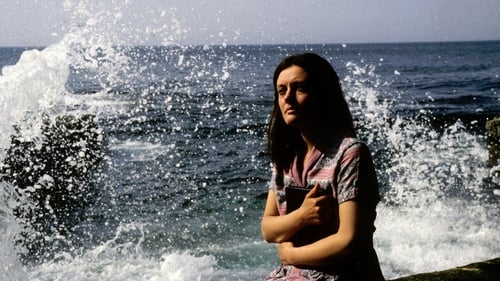
In 1990s Edinburgh, Barbara Thorburn reflects on memories of her poet mother, Greta, and her tragic death.
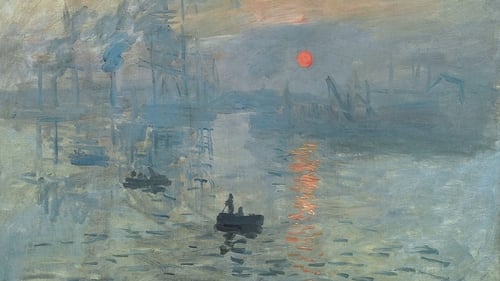
From award-winning director Phil Grabsky comes this fresh new look at arguably the world’s favourite artist – through his own words. Using letters and other private writings I, Claude Monet reveals new insight into the man who not only painted the picture that gave birth to impressionism but who was perhaps the most influential and successful painter of the 19th and early 20th centuries. Despite this, and perhaps because of it, Monet’s life is a gripping tale about a man who, behind his sun-dazzled canvases, suffered from feelings of depression, loneliness, even suicide. Then, as his art developed and his love of gardening led to the glories of his garden at Giverney, his humour, insight and love of life is revealed. Shot on location in Paris, London, Normandy and Venice I, Claude Monet is a cinematic immersion into some of the most loved and iconic scenes in Western Art.

Distinguished Italian poet Antonia Pozzi (1912–1938) was among those women who were at odds with the times in which they lived. Her poems record her inability to adapt to social norms and her desire to live fully, and in poetry she sought an escape from reality and from her own complex soul and emotional life.
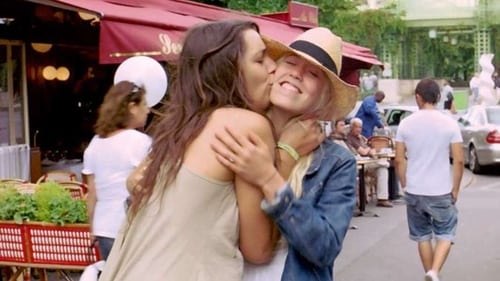
Pam is twenty. She and her girlfriends hang out together on the couch at The Ranch, the apartment she shares with Manon. Sitting around chatting, drinking, smoking, and dancing are part of life at their age, but there comes a time when you need to cut loose from the group and go your own way...

Three couples in Vienna have children at around the same time. They're all in their mid-30s, successful, cool and live in a popular part of town. As idealistic as they are materialistic, they grow tomatoes on the balcony, drink locally roasted coffee and expensive cocktails and would never buy an electronic device sporting a half-eaten apple. And they're absolutely certain that you can have children without becoming bourgeois. But the reality tells a different story. Between career and kindergarten, Apple and alternative lifestyles, the satire plays cleverly with hipster clichés and mercilessly points up the gap between the old self-image and the new bourgeoisie.

Tarek and his mother Ghaydaa number among the tens of thousands of refugees crossing the border from Palestine, having been separated from Tarek's father amidst the chaos of the Six Day War. They ultimately settle at the Harir refugee camp, a makeshift home for a new generation displaced by conflict. Tarek dreams of being reunited with his father, and struggles to adapt to a new life far away from all he previously knew.

Laetitia and Sophie go to Quimper, town where Laetitia used to live, to pass the weekend. Sophie is having problems with her husband, while Laetitia tells her about one of her youth's boyfriends, the "masked sailor" she used to love while she lived in Quimper.

Tension has long simmered between Turkish soldiers and Kurdish separatists in southeastern Anatolia and, in 2015, the conflict escalated into a military lockdown. Given the lack of media coverage, locals began filming the empty streets in single-take, one-hour clips which were posted to the internet and then vanished. Coinciding with this event is the falling of the Leonids, a spectacular meteor shower which emblazons the black skies with impermanent light.
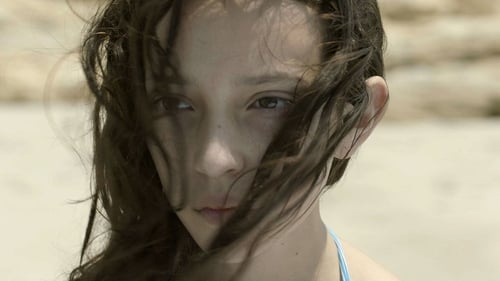
Alba, 11 years old, passes her days in silence. She loves little animals. She has learned to cope with her mother's illness, helping her to use the bathroom. Alba plays silently so that her mother can rest during the day. One night Alba's mother gets worse, and has to be taken to the hospital. With no one else to take care of her, Alba is sent to live with her father, who she hasn't seen since she was three years old. Living with her father is almost unbearable. Embarrassment, her first kiss, visits to mother in the hospital, Edgar's tender efforts to get close to her, and bullying at school; these are some of the experiences that pave Alba's journey to puberty and to self-acceptance.
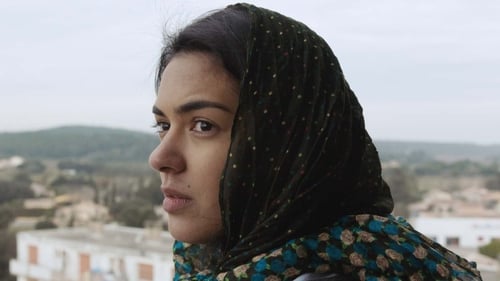
Nassim, in his early thirties, lives in Abu Dhabi with his American fiancée, Elisabeth. After several years of absence, he returns with her to Bollene, a town in the South of France where he grew up. But Nassim must face his past: a dead city now governed by the far right party, a complex relationship with his family, and a father, he no longer speaks to.















